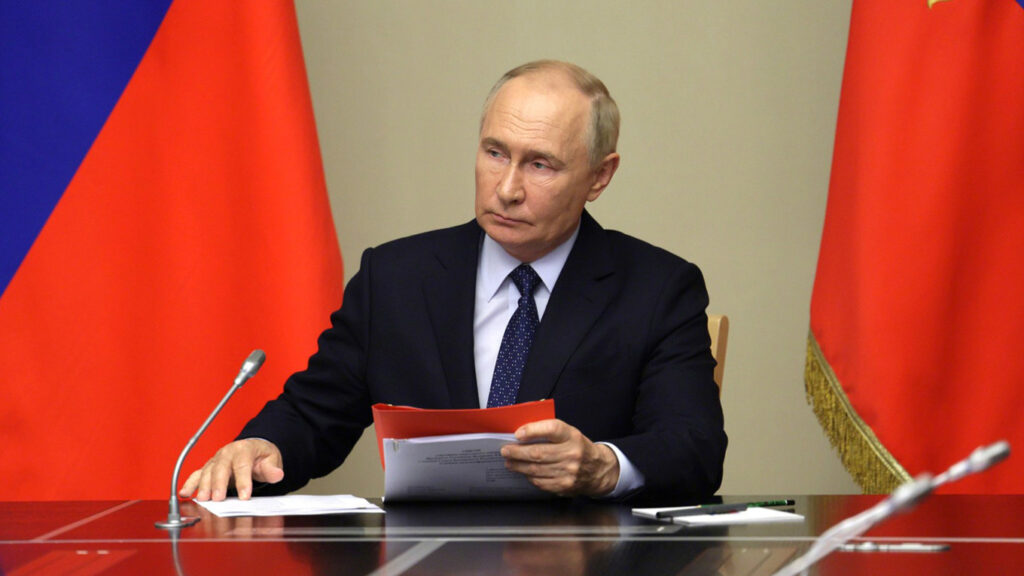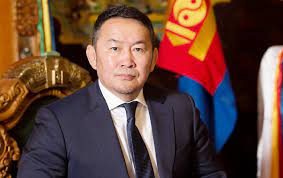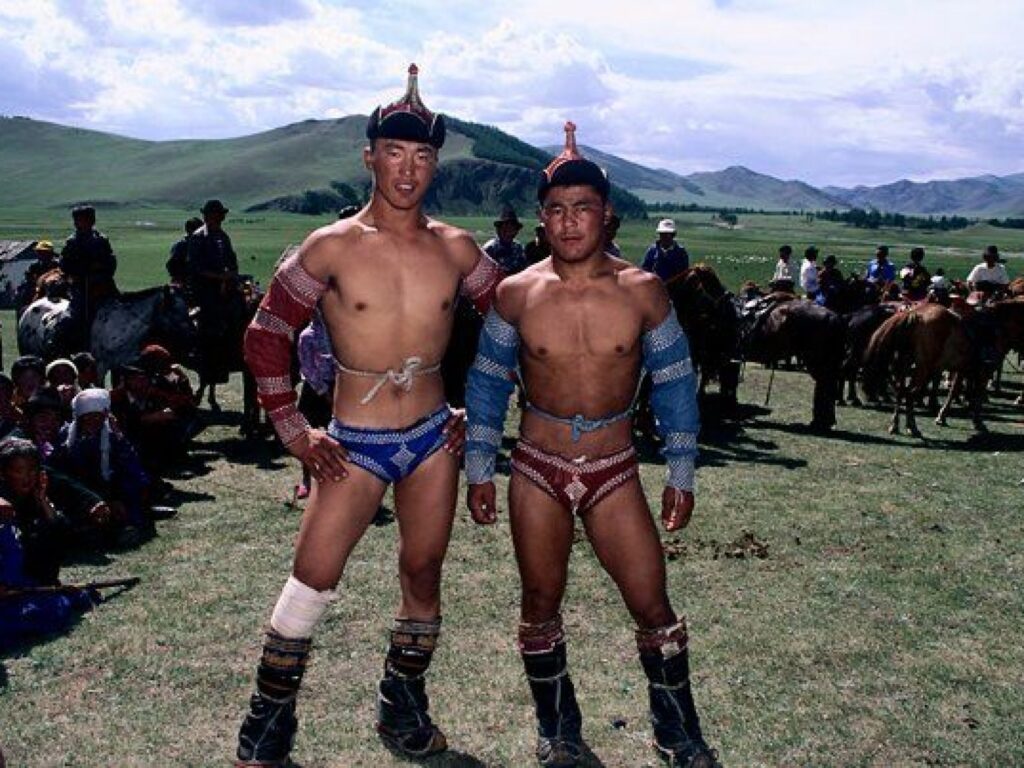The Kremlin has expressed confidence in Russian President Vladimir Putin’s upcoming visit to Mongolia, an International Criminal Court (ICC) member state, despite an outstanding arrest warrant issued by the court.

This visit, scheduled for September 3, marks Putin’s first trip to an ICC member country since the warrant was issued in March 2023 over alleged war crimes in Ukraine.
Kremlin spokesperson Dmitry Peskov dismissed concerns about the visit during his daily press briefing on Friday. “We have no worries about the upcoming trip,” Peskov stated, emphasizing the “wonderful dialogue with our friends from Mongolia.” This stance underscores Russia’s continued rejection of the ICC’s jurisdiction and its refusal to recognize the legitimacy of the arrest warrant.
The visit raises complex questions about the enforcement of international law and the obligations of ICC member states. Under the court’s founding Rome Statute, member countries are obligated to arrest individuals for whom the ICC has issued warrants if they enter their territory. However, the ICC lacks direct enforcement mechanisms, relying instead on member states to cooperate.
ICC spokesperson Fadi El Abdallah reaffirmed Mongolia’s obligations as a state party to the Rome Statute. “The ICC relies on its States Parties and other partners to execute its decisions, including in relation to arrest warrants,” El Abdallah stated. He added that in cases of non-cooperation, ICC judges may inform the Assembly of States Parties, which could then take appropriate measures, though the nature of such measures remains unclear.

Putin’s visit to Mongolia is centered around commemorative events marking the 85th anniversary of the joint Soviet-Mongolian victory over Japanese forces at the Khalkhin Gol River.
The Russian president is also scheduled to hold talks with Mongolian President Ukhnaa Khurelsukh and other top officials, according to a Kremlin statement.
The ICC’s arrest warrant for Putin, issued in March 2023, accuses him of personal responsibility for the abduction of children from Ukraine during the ongoing conflict. This marked the first time the global court had issued a warrant against a leader of one of the five permanent members of the U.N. Security Council.
The court alleges that Putin “is allegedly responsible for the war crime of unlawful deportation of children and that of unlawful transfer of (children) from occupied areas of Ukraine to the Russian Federation.”
The court has also issued warrants for other high-ranking Russian officials, including Maria Lvova-Belova, Putin’s children’s rights envoy, former Defense Minister Sergei Shoigu, and Chief of the General Staff Gen. Valery Gerasimov, on similar charges related to war crimes and crimes against humanity.

Russia, like several other major powers including the United States and China, is not a member of the ICC and does not recognize its jurisdiction. Russian officials have consistently dismissed the warrants as “null and void,” maintaining their stance that the court has no authority over Russian citizens.
The situation draws parallels to a 2015 incident when then-Sudanese President Omar al-Bashir, also subject to an ICC arrest warrant, visited South Africa without being detained. That event sparked international controversy and highlighted the challenges in enforcing ICC warrants against sitting heads of state.
Putin’s planned visit to Mongolia has reignited debates about the effectiveness of international justice mechanisms and the complex interplay between diplomatic relations and legal obligations.
As the international community watches closely, the outcome of this visit could have significant implications for the perceived authority of the ICC and the enforcement of international law in cases involving powerful states.



